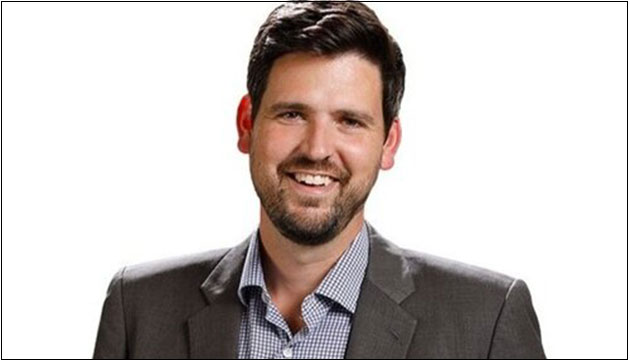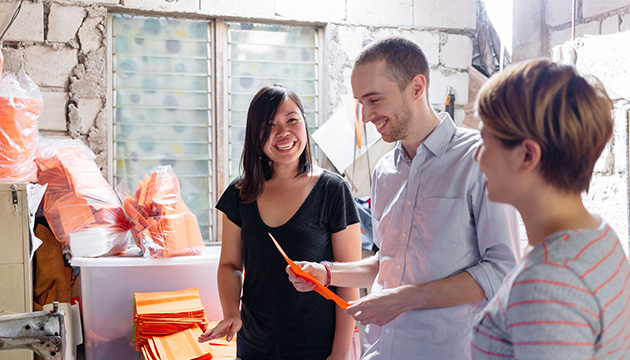The Philippines celebrated Independence Day on June 12 with the usual parade and fireworks.
It used to be celebrated every July 4, the day when the Americans ended their rule over the country after about 50 years of colonization (1898-1946). For over 20 years, Philippine Independence was celebrated at the same time as the American celebration of their own Independence Day on July 4th. However, on May 12, 1964, then Philippine president Diosdado Macapagal moved the celebration to June 12 in order to commemorate Emilio Aguinaldo's original proclamation of Philippine independence from Spain on the same date in 1898 when the country gained independence from Spanish rule of about 400 years.
Why do we celebrate Independence Day? Celebrating the day is to honor the symbol of our freedom. More than a century ago, our founding fathers envisioned a nation that is truly free for which succeeding generations dedicated their lives as heroes and martyrs in order to keep us free.
But are we truly free today?
The country still suffers from many obstacles to freedom both coming from internal and external sources. Internally, the country continues to fight against local insurgents and terrorists. Externally, there is China that occupies a portion of our country that has been historically ours as declared by an arbitral international court but which China refuses to acknowledge. China maintains patrol ships in this area to harass and threaten Filipino fisherman when they go to apply their trade in that portion of the West Philippine Sea, also known as South China Sea, that the Philippine government claims to be part of its exclusive economic zone.
There are other obstacles to our freedom like poverty, ignorance, apathy and gullibility.
The Philippines is still a third world country where the distribution of the nation’s wealth is based on the Pareto principle: ten percent of the population controls ninety percent of the wealth. There is truly a chasm of our wealth distribution in the country.
Our ignorance is due to the poor quality of education that our youth receive due, not only to poverty but because public school classes are cramped with 50 or more students where the ideal is 30. Many teachers are overburdened and ill-equipped to do their job well. Our gullibility is demonstrated when we elect our leaders based on their shrewdness and guile.
Strange though it may seem to others, most Filipinos still remain optimistic about the country’s future, hoping that we will continue to work for freedom and someday be truly free.












